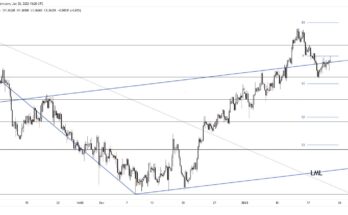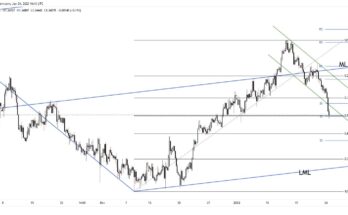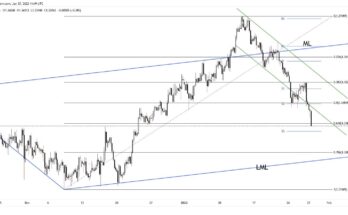The troubles for Japan have worsened as the latest growth numbers showed the economy contracting by 0.4% in the third quarter. The market had expected a modest rebound after the Q2 slump (down 1.9%), which happened after the sales tax hike earlier in the year, which meant consumers front-loaded spending ahead of the increase. The data is critical for Japan, because a further increase has been legislated for next year and PM Abe was gearing up for a snap election to achieve the mandate to delay the next increase. With Japan back in recession, the main stock index slumped 3% on the back of the news, with USDJPY’s initial spike to 117.00 soon reversed to touch 115.50 before settling above 116.00. This news does not sit well with the weekend’s G20 meeting in Australia, which was focused on supporting the global economy and increased trade.
Japan’s renewed weakness comes at a time when the global economy is already facing several other headwinds, such as the threat of deflation (especially in the Eurozone), together with the pressures being seen in several emerging markets, such as Russia, Brazil and also China. For FX, this has made for a more complicated picture that we saw in Q3, which was all about the dollar. This was based on the notion that we were likely to see growing divergence between the major global economies, but this is looking less likely given the latest run of data. The data calendar is light for today, with the Fed meeting result the main focus for developed markets. We also see inflation data from the UK tomorrow, together with preliminary purchasing manager’s surveys for the Eurozone on Thursday.
The troubles for Japan have worsened as the latest growth numbers showed the economy contracting by 0.4% in the third quarter. The market had expected a modest rebound after the Q2 slump (down 1.9%), which happened after the sales tax hike earlier in the year, which meant consumers front-loaded spending ahead of the increase. The data is critical for Japan, because a further increase has been legislated for next year and PM Abe was gearing up for a snap election to achieve the mandate to delay the next increase. With Japan back in recession, the main stock index slumped 3% on the back of the news, with USDJPY’s initial spike to 117.00 soon reversed to touch 115.50 before settling above 116.00. This news does not sit well with the weekend’s G20 meeting in Australia, which was focused on supporting the global economy and increased trade.
Japan’s renewed weakness comes at a time when the global economy is already facing several other headwinds, such as the threat of deflation (especially in the Eurozone), together with the pressures being seen in several emerging markets, such as Russia, Brazil and also China. For FX, this has made for a more complicated picture that we saw in Q3, which was all about the dollar. This was based on the notion that we were likely to see growing divergence between the major global economies, but this is looking less likely given the latest run of data. The data calendar is light for today, with the Fed meeting result the main focus for developed markets. We also see inflation data from the UK tomorrow, together with preliminary purchasing manager’s surveys for the Eurozone on Thursday.
Further reading:
Short EUR/USD if it breaks 1.2470; NZD/USD could correct in 3 waves – Elliott Wave Analysis
EUR/JPY Might Present A Buying Opportunity



